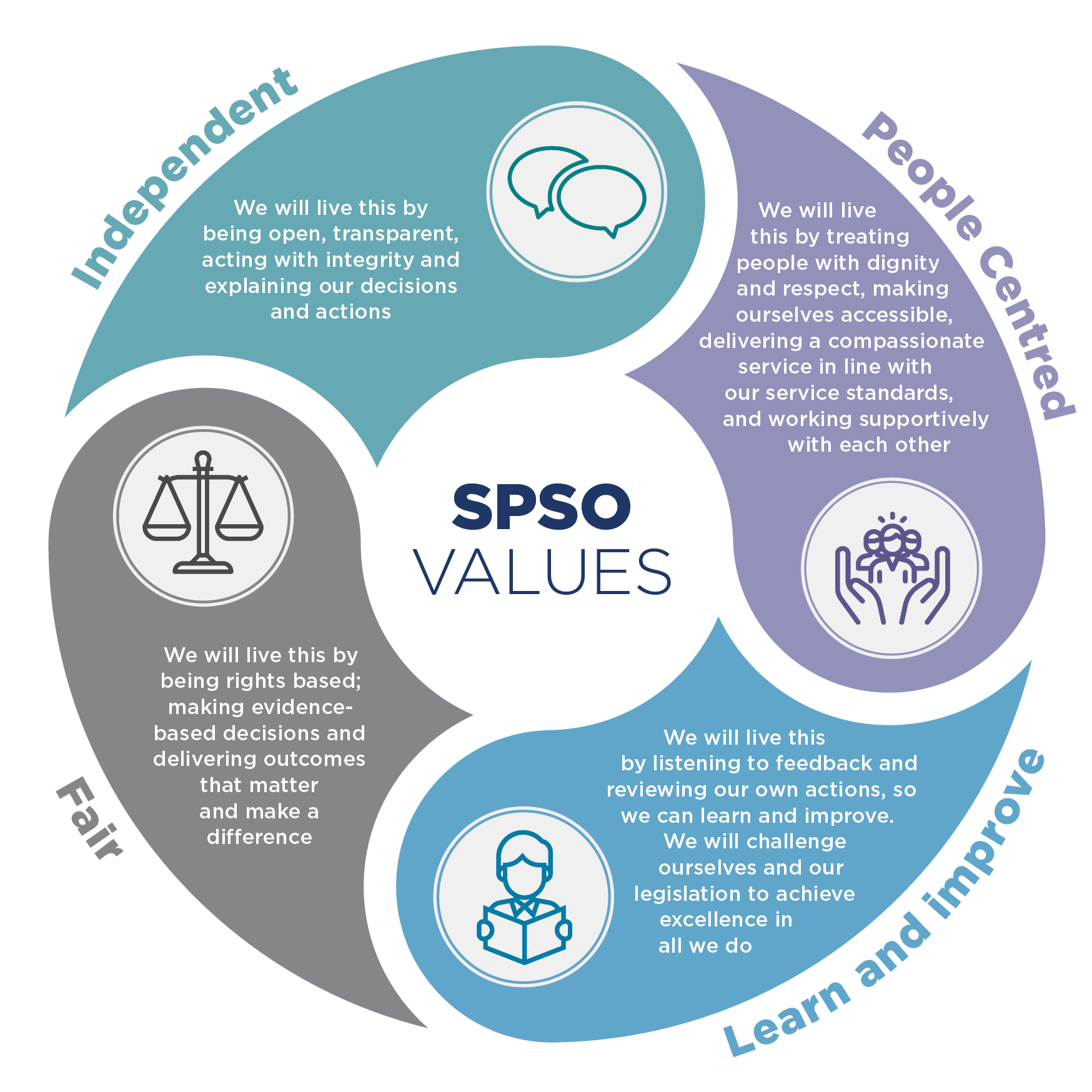Independent National Whistleblowing Officer service for the NHS launches
Today marks the launch of the Independent National Whistleblowing Officer (INWO) service for the NHS in Scotland. The date coincides with the implementation of the new National Whistleblowing Standards (the Standards) which also go live today.
